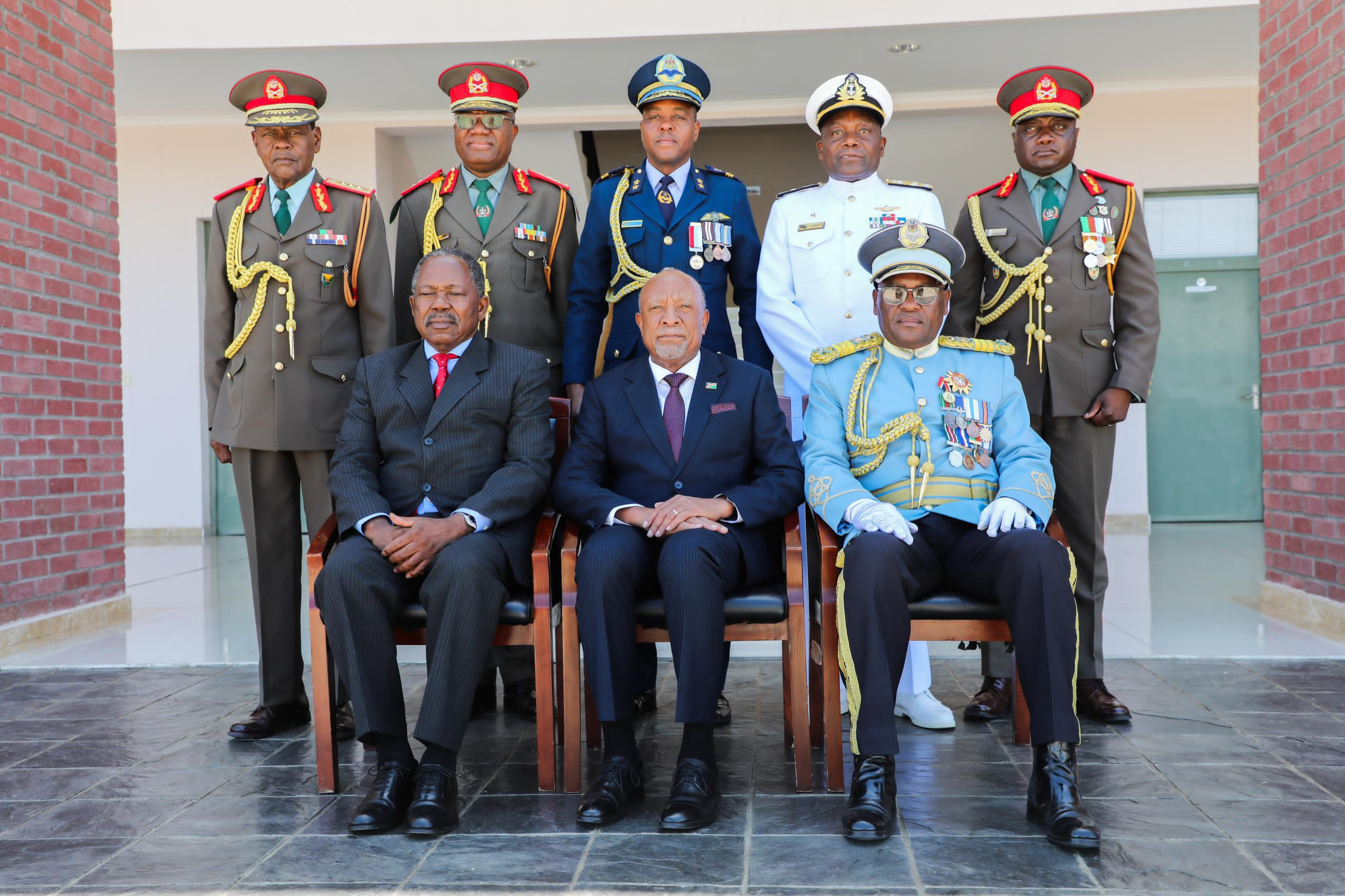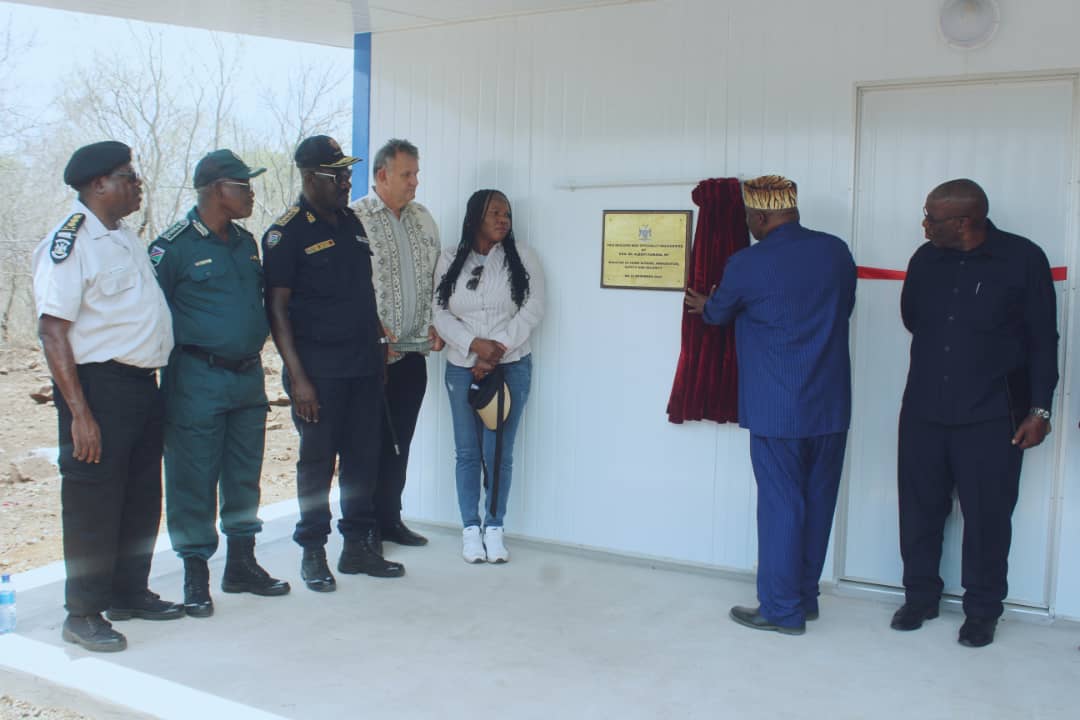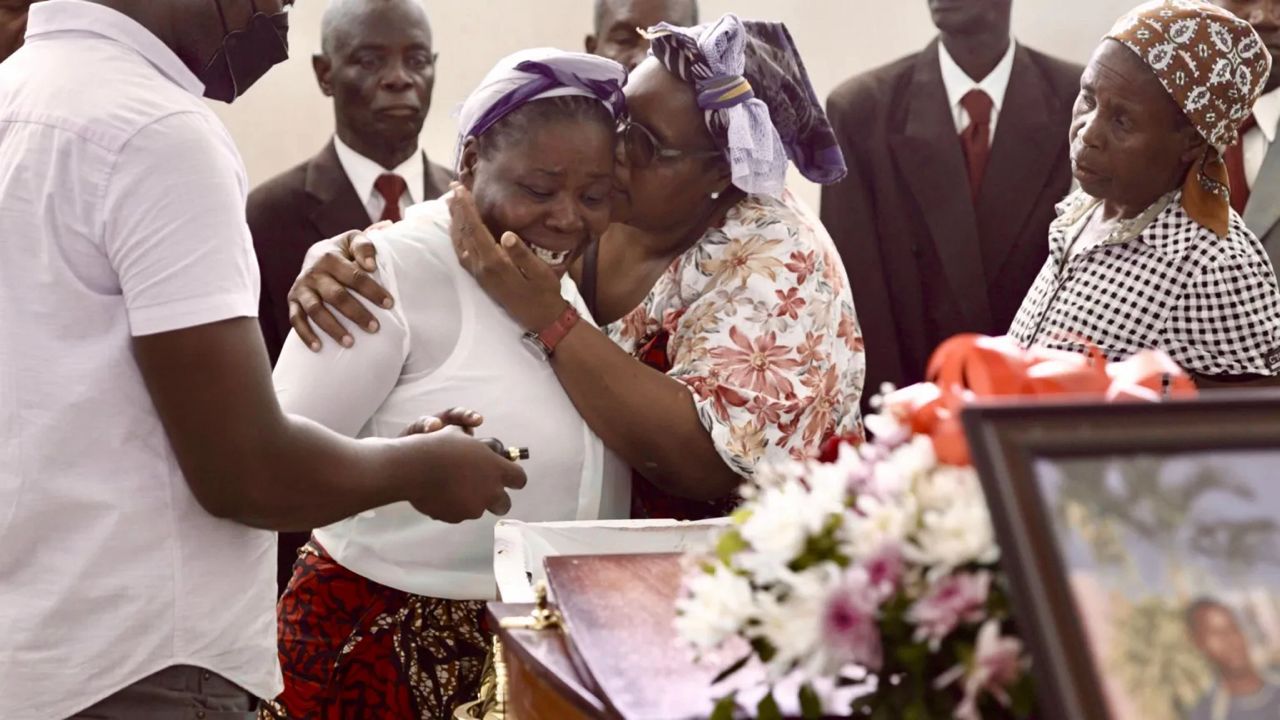The Ovaherero traditional music oviritje has captivated the imagination of Namibian music lovers across tribal lines.
It used to be performed solely during family and traditional gatherings at villages or reserves, popularly known as kofassie, with children just harmonising under the trees and around the fire, according to popular NBC Omurari radio presenter Max-T Tjiundje.
“Oviritje is just a happy way to express ourselves as young children. It was our way to relax and entertain ourselves and others by singing a cappella style and dancing. Some people would also improvise by clapping hands.
“There were no musical instruments then. The instruments only started with the arrival of top oviritje group Minora United and Kakazona, which consisted of the Henguva siblings Meisie and Kareke. They were the first group to introduce the keyboard to the music,” he says.
Tjiundje says Minora, who entered the local music scene in the late 1990s, was the flagship group of oviritje music.
They released top hits that became street anthems, such as ‘Kentucky’ by Kareke, and ‘Saam Leef’ by Meisie, while Kakazona, who is currently residing in the United Kingdom, gave Namibians ‘Sebulon’.
As a clear testimony of her popularity among oviritje music fans, Kakazona received a hero’s welcome when she visited Namibia in 2007 for her first show after leaving the country.
She was met by a convoy of cars and people were lining up along Independence Avenue during a drive-by through Katutura, where hundreds of cheering fans lined up to get a glance of their star before a sell-out crowd attended her show at Khomasdal Stadium.
“We used to call Minora United ‘the university’. If people wanted to sing oviritje, they would go to Minora, who would teach them how to go about their business. They would then return to their groups or craft themselves a solo career, like Ben Motjangatjike did,” Tjiundje says.
“Motjangatjike became one of the best singers in the business and he is still continuing to make strides on the oviritje music scene. In fact, he is one of the most sought-after singers in the genre and a big crowd puller. Oviritje music is not new, it was just modernised.”
WILD DOGS
The genre has since introduced top bands with great singers and dancers like Bullet ya Kaoko, Ondarata, Ongoro Nomundu and Wild Dogs ya Hakane.
Originating from Hakane, a small village in the Okakarara area in the Otjozondjupa region, Wild Dogs are one of the best oviritje groups in the country.
The group, which has recorded 10 albums to date, was started in 1996 by a group of young men who used to entertain their fellow villagers with their a cappella style.
“Like most of the older groups, Wild Dogs did also not start with instruments, but they were just singing a cappella, accompanied by hand clapping,” says group leader Steve Uahupirapi, who joined the group from the award-winning a cappella school group Step To Step in 2005.
“Although I originally joined Wild Dogs in 2004, I did not start singing with them straight away, because my father was totally against the fact that I was joining a music group while he wanted me to pursue my school career first. But I joined the group the following year.”
Uahupirapi, who is one of the three singers of the group, which also consists of four dancers and one keyboard player, recalls that the group introduced a keyboardist in 1998.
Wild Dogs had nine singers at the time, of which Tjikazona Karuaihe, Tokoo Kaangundue and Dolla Tjikusere Kaaronda stood out.
In those days what they did was only known as a concert before the music followed.
“The band members started to write their own songs, and they dropped their first album, ‘Ombara Otjitambi’, in 2005, which was followed by ‘Kamutjemo’, which served as a fundraiser for a young man who needed funds for surgery,” Uahupirapi says.
RAISING FUNDS
“The young man, who was from our village, was diagnosed with cancer and needed money to go to Cape Town for the surgery. The album sold out, and we also staged live shows to add up to the money we gained from the album sales,” notes Uahupirapi.
Their third album, titled ‘Tjina Tjakatuo’, was released in 2007 and was dedicated to a true story about an unknown thing (which villagers referred to as “a ghost”) that terrorised villagers from the Waterberg area, eating their goats, while no one has ever seen it.
“I am also from a family of singers, my mom and my uncle were very popular oviritje singers, who were well known in and around our village. We cut down our singers from seven to three. We have gained popularity with our very unique style of singing,” Uahupirapi says.
Wild Dogs have had other big hits, like ‘Kaondeka’, ‘Deep Fridge’, ‘Ehinga’ and ‘Tjitjatora’.
“Apart from gracing stages around the country we have also been invited to Botswana, where we performed in Gaborone, Ghanzi, Maun and Toteng, while we also went to play at Santa Clara at Ondjiva, near Lubango in Angola. Three months in Angola in 2010 was great.”
The seven-member band also thrilled crowds at the Tsumeb Copper Festival, Ongwediva Trade Fair, the Bush Party at Otjiwarongo, Kasi Vibe, the Okakarara Trade Fair and the /Ae//Gams Festival.
Uahupira established Wild Dogs Music Production, where he serves as event promoter, sound engineer, DJ, group manager and lead singer.
The group is from Okakarara, but they are currently based in Windhoek, where it is much easier to get bookings.
CHALLENGES
Uahupirapi is decrying the fact that not everyone has the best interests of musicians at heart. “Some people are only interested in filling their own pockets, and they don’t care where band members will get their next meal from. Musicians are neglected, yet they are the ones pulling crowds,” he says.
“The so-called managers and music promoters are killing the industry. A lot of good musicians are forced to leave the industry and try other means to survive because of the gross exploitation taking place in our industry.”
Uahupirapi says the biggest evil in the industry is the non-payment of the fees groups and promoters agree on.
He says some groups are, however, also to blame because they accept “peanuts” for their performances, thereby devaluating the industry.
Stay informed with The Namibian – your source for credible journalism. Get in-depth reporting and opinions for
only N$85 a month. Invest in journalism, invest in democracy –
Subscribe Now!






